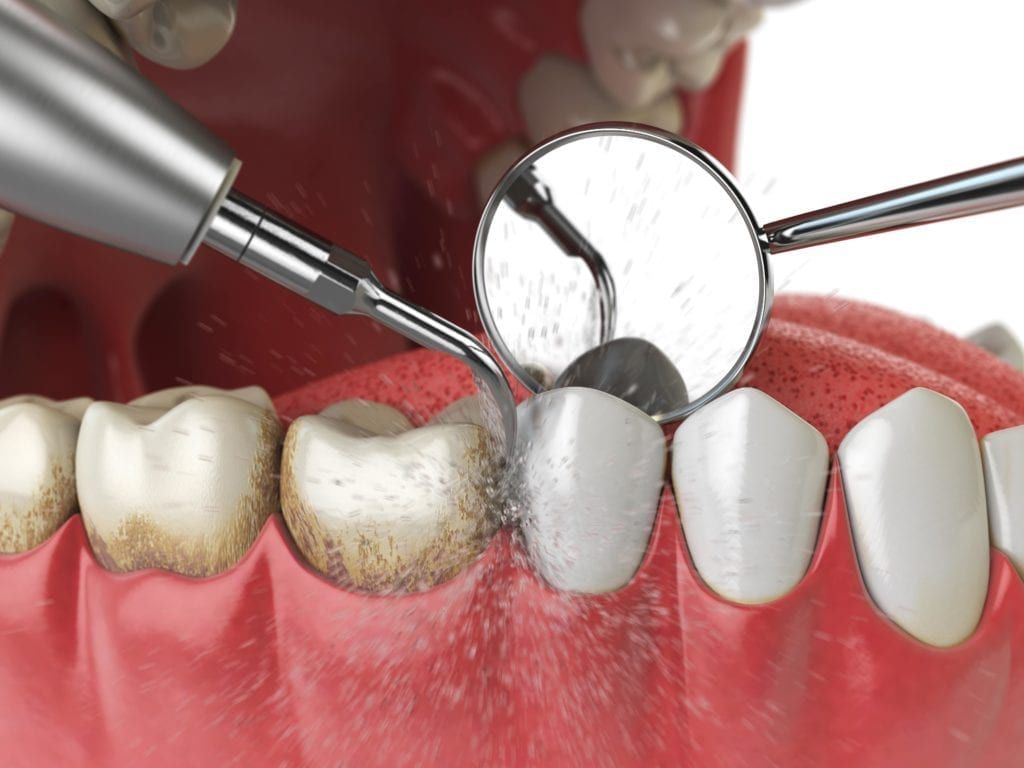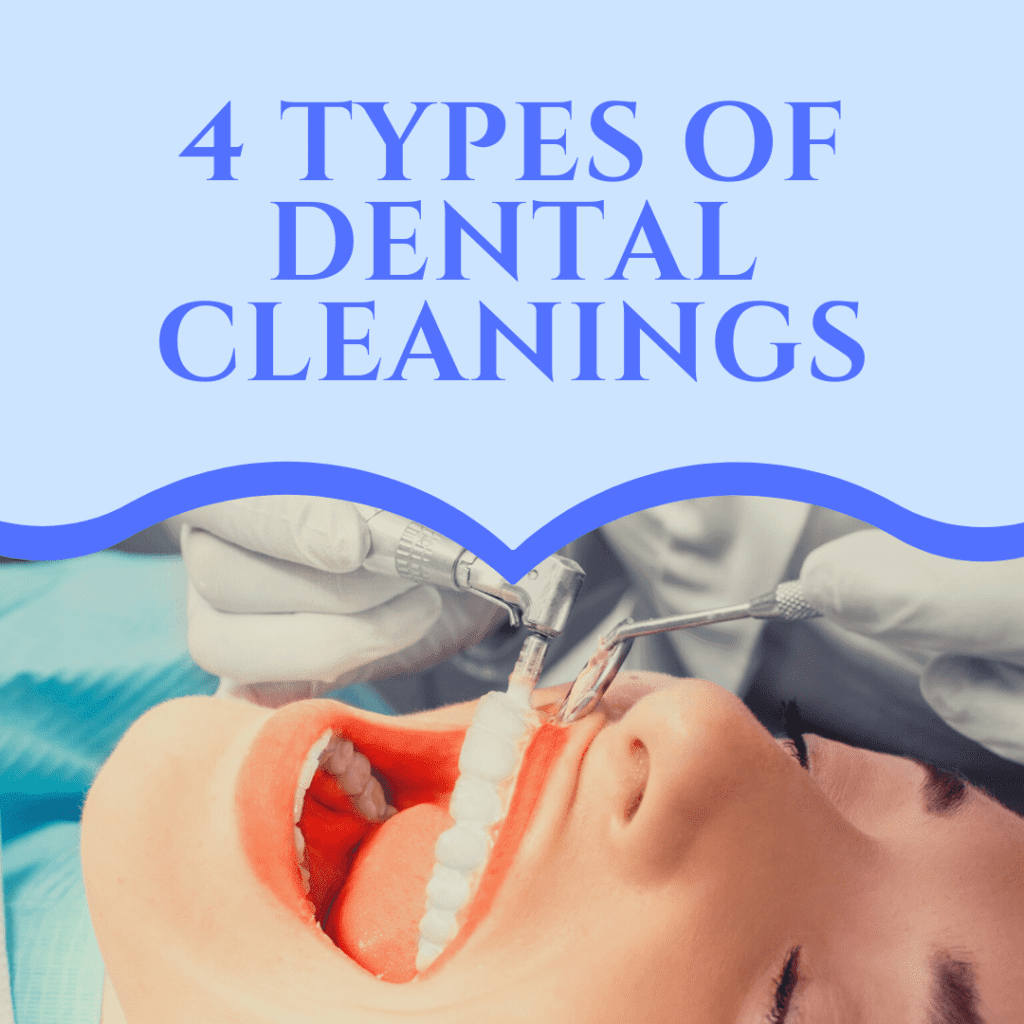Did you know that regular preventative dental care can help prevent common dental problems like tooth decay and gum disease? In fact, preventative dental care has been found to be so effective in minimizing the risk of developing these conditions that the American Dental Association recommends seeing a dentist at least once every six months for preventative services such as exams and cleanings.
While dental exams are mainly used to evaluate your current level of oral health, professional teeth cleanings help to remove excess plaque and tartar from the surface of your teeth. Although plaque can be removed by daily brushing and flossing, dental cleanings allow your dentist to remove plaque from hard to reach areas. Additionally, hardened plaque, known as tartar, can only be removed using special dental tools. Even though all dental cleanings have the same goal, there are different types of cleanings that may be performed depending on your current level of oral health. These include:
Prophylaxis Cleaning
Although the word “prophylaxis” may sound intimidating, this type of cleaning is simply a preventative cleaning that is performed on healthy teeth in order to maintain oral health. Out of all the types of dental cleanings, prophylaxis cleanings are by far the most commonly performed. During a prophylaxis cleaning, your dental hygienist will use a dental scaler to gently scrape off plaque and tartar. In some cases, a water scaler may also be used to spray a solid stream of water that removes plaque and tartar. Once the large debris is removed, your teeth will be brushed with a gritty toothbrush, flossed, and rinsed to remove any remaining debris. Finally, a topical fluoride treatment will be brushed onto the surface of your teeth in order to help strengthen your enamel and prevent future plaque accumulation.
Scaling and Root Planing
Scaling and root planing, also known as deep cleanings, are performed in cases where the gums have receded, or pulled away from the teeth and exposed the tooth roots. The first step is scaling, which is similar to what your hygienist does during a prophylaxis cleaning, except that the roots are scaled to remove plaque as well. After the roots have been scaled, then the second part known as root planing can be performed. Root planing is the process of smoothing out the surface of the tooth roots. By removing plaque containing bacteria and smoothing the roots, this encourages the gums to reattach themselves to the tooth root.

Periodontal Maintenance
In order to treat advanced gum disease, or periodontitis, periodontal maintenance cleanings are needed. These cleanings are basically the same as scaling and root planing cleanings, however they are performed more often to manage periodontitis and prevent it from getting worse. While the main goal of a scaling and root planing procedure is to prevent gum disease or treat mild cases, the goal of periodontal maintenance cleanings is to slow the progression of gum disease. The frequency of cleanings will depend upon how far the gum disease has already progressed and how your body responds to treatment.
Debridement Cleanings
Debridement cleanings are the least commonly performed type of dental cleanings. They are heavy duty cleanings that usually are performed one quadrant at a time and require the use of dental anesthetics. This is because cases requiring dental debridement have excessive amounts of plaque and tartar that have accumulated in layers around the teeth and gums. These individuals have usually gone their entire lives without ever having a dental cleaning and without practicing proper dental hygiene. During a debridement cleaning, a special electric tool is used to loosen plaque and tartar before being followed by a prophylaxis cleaning.


